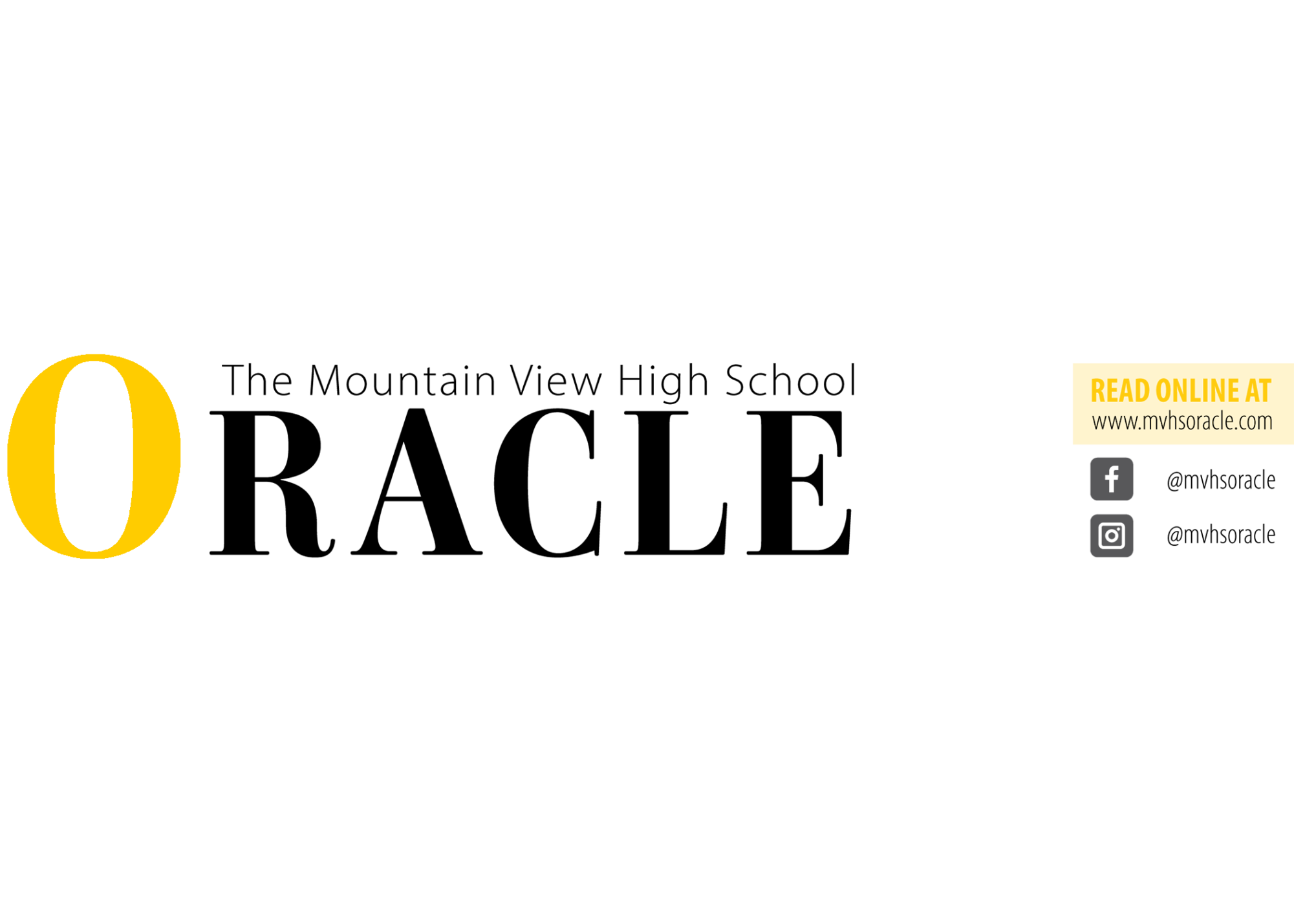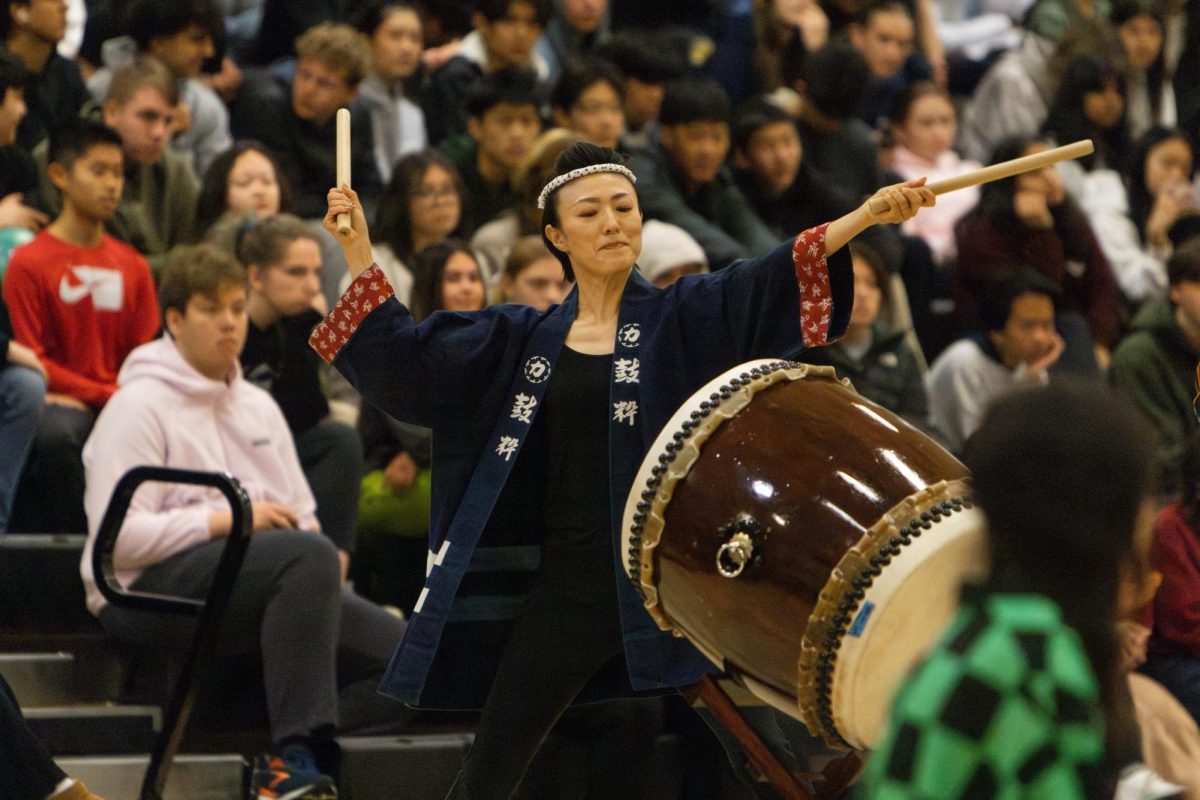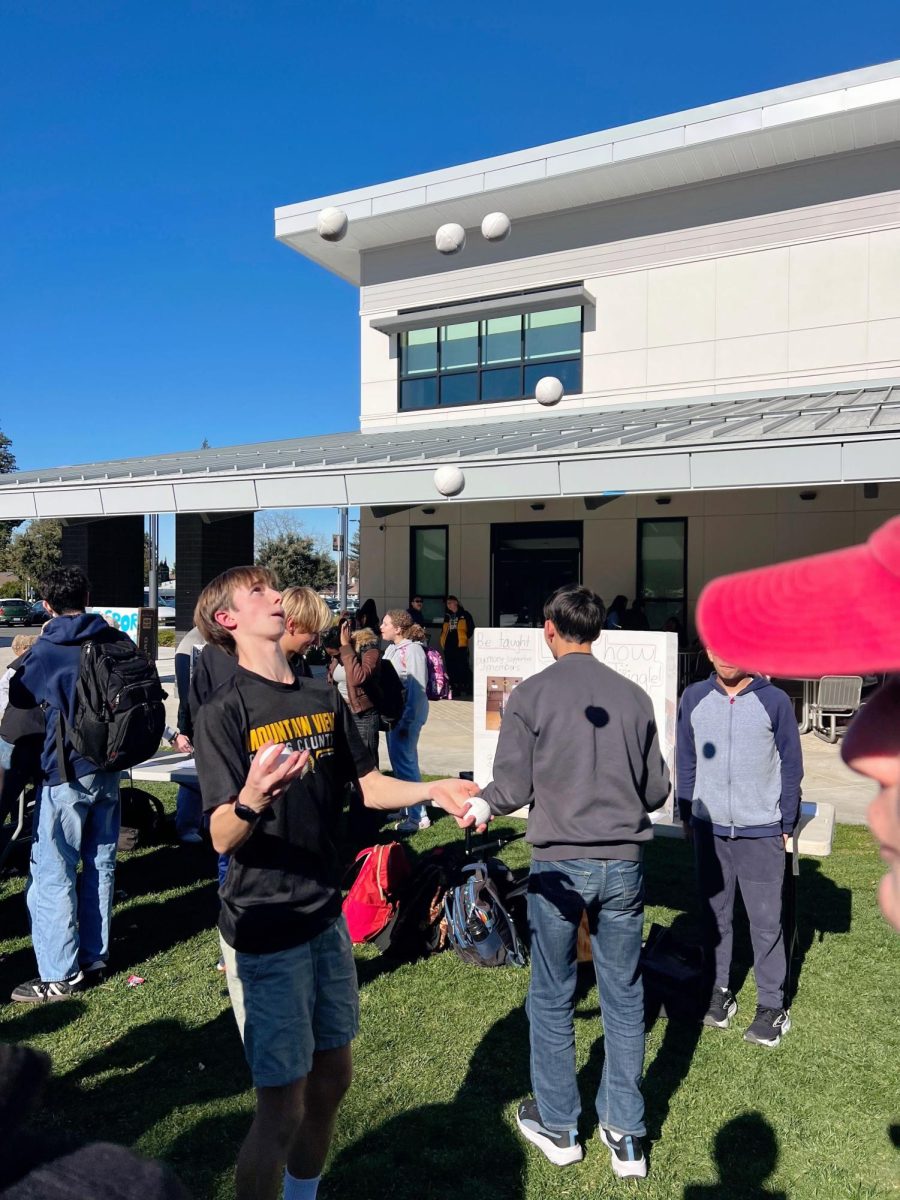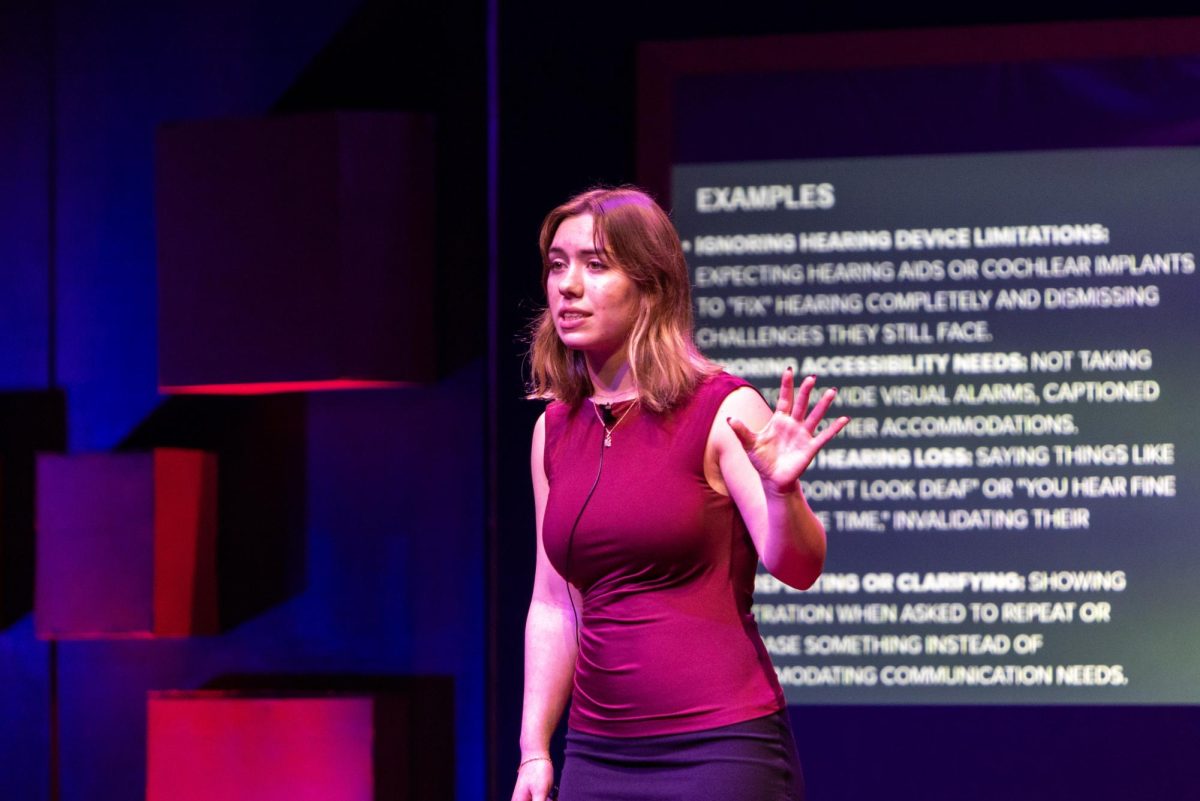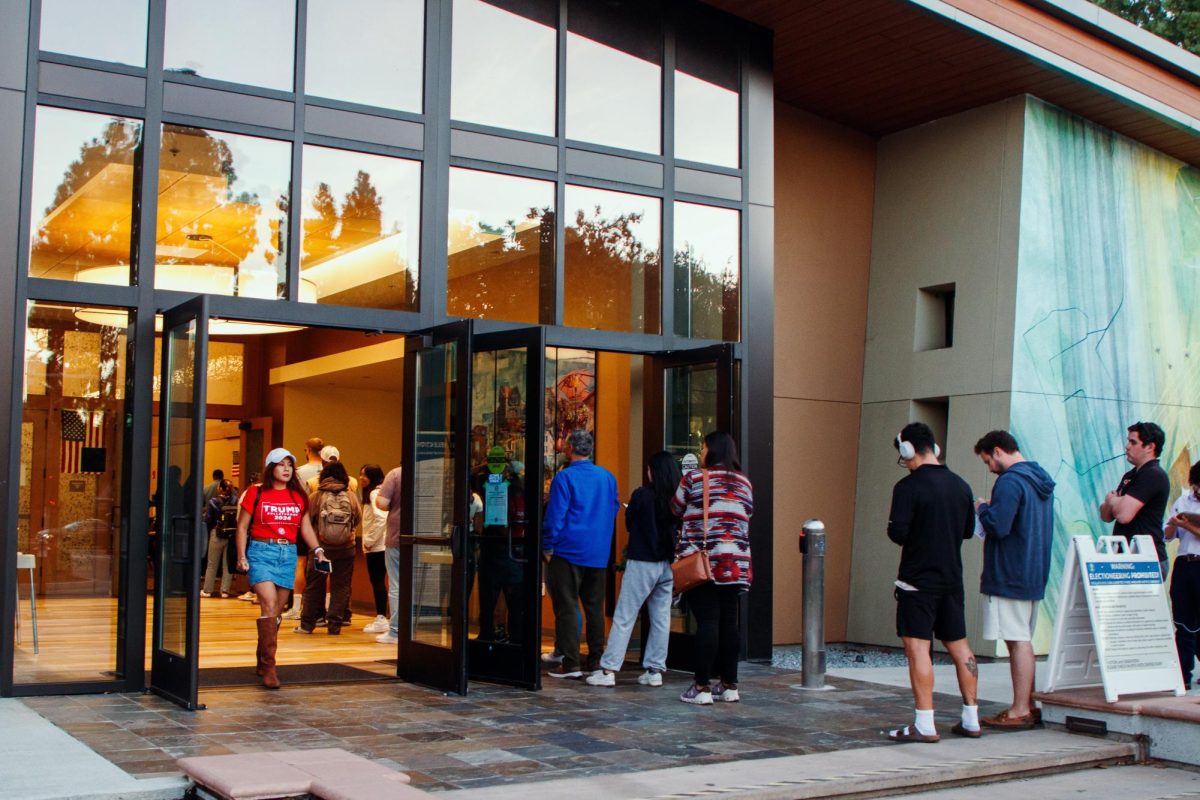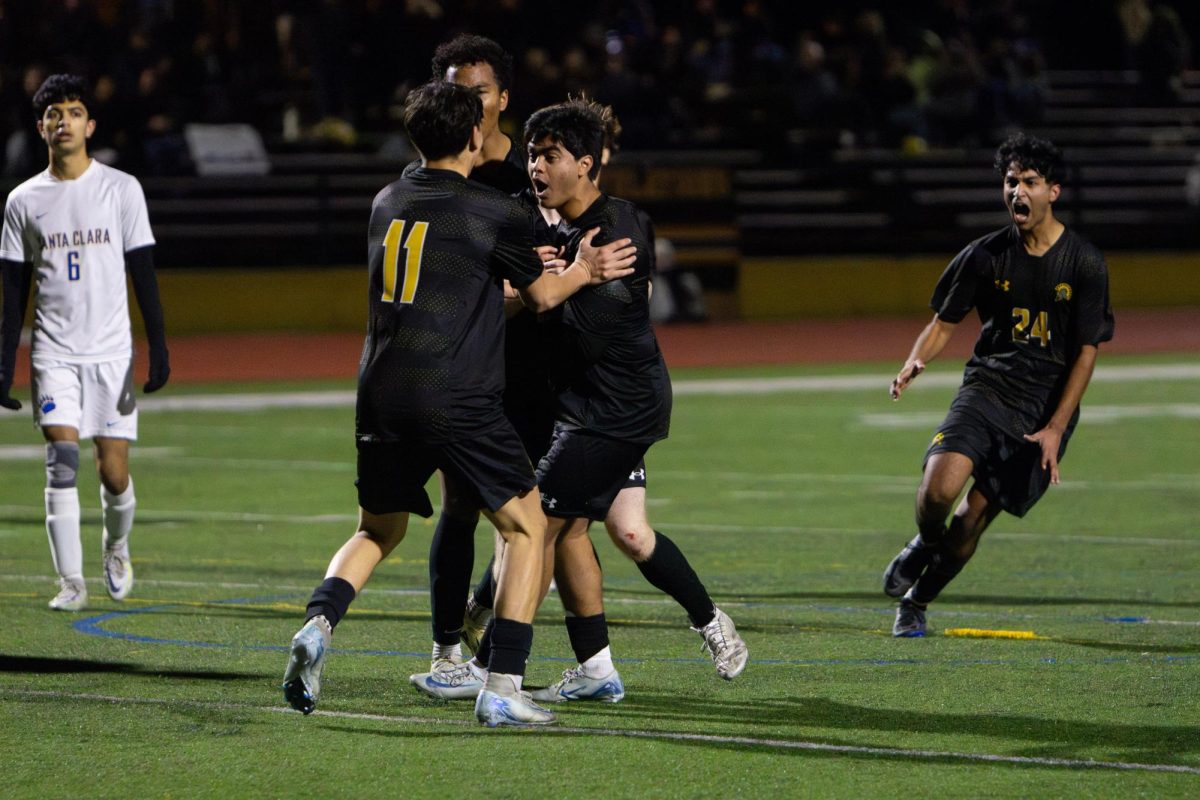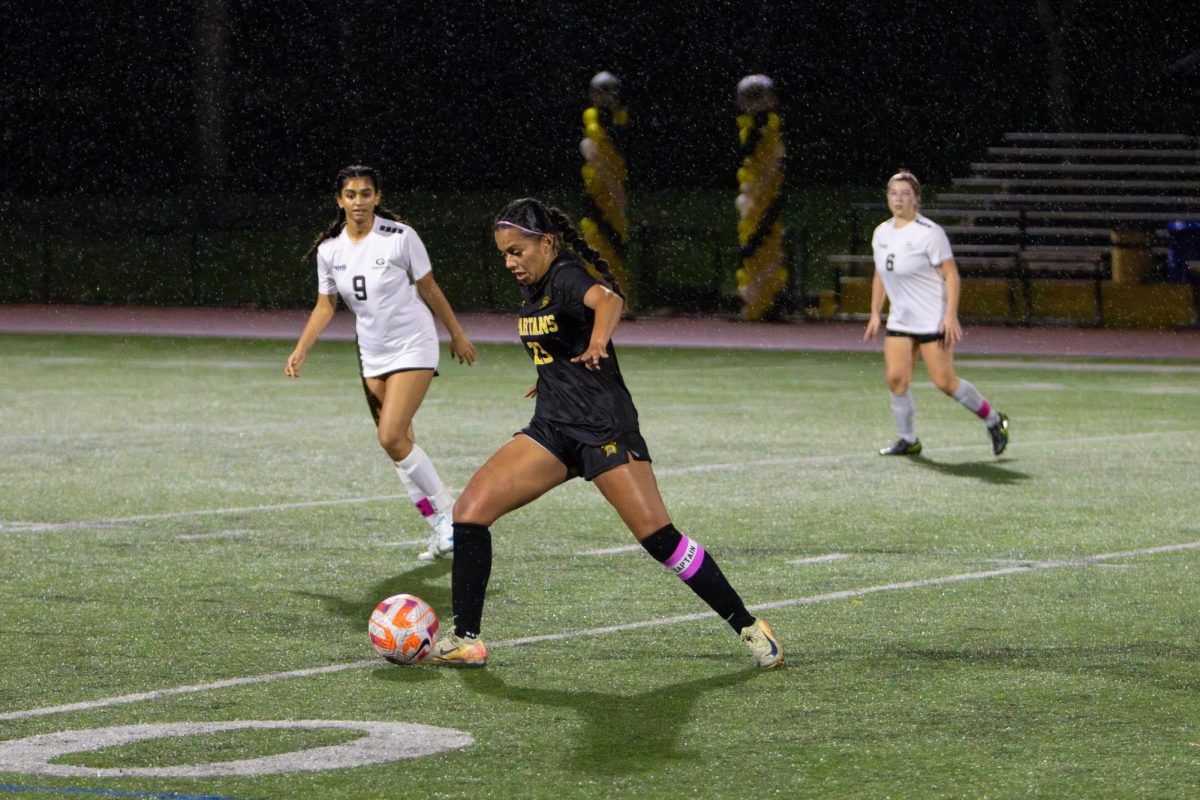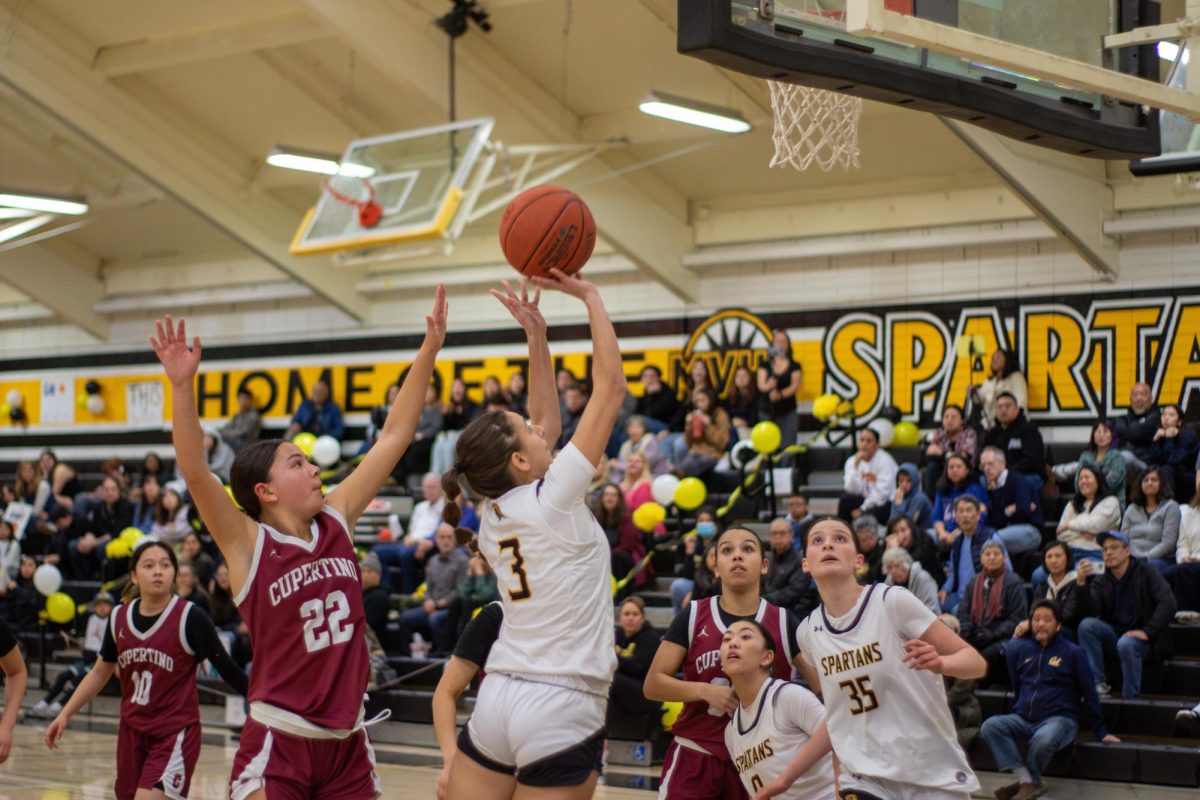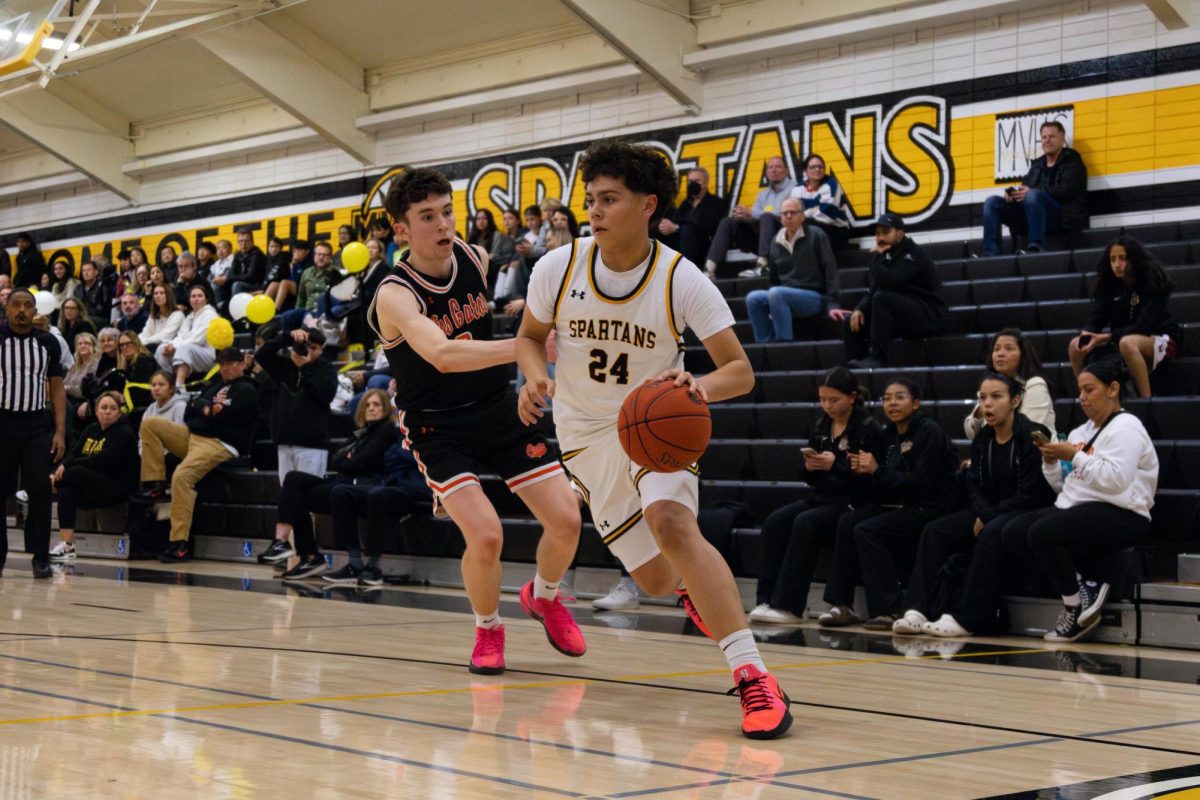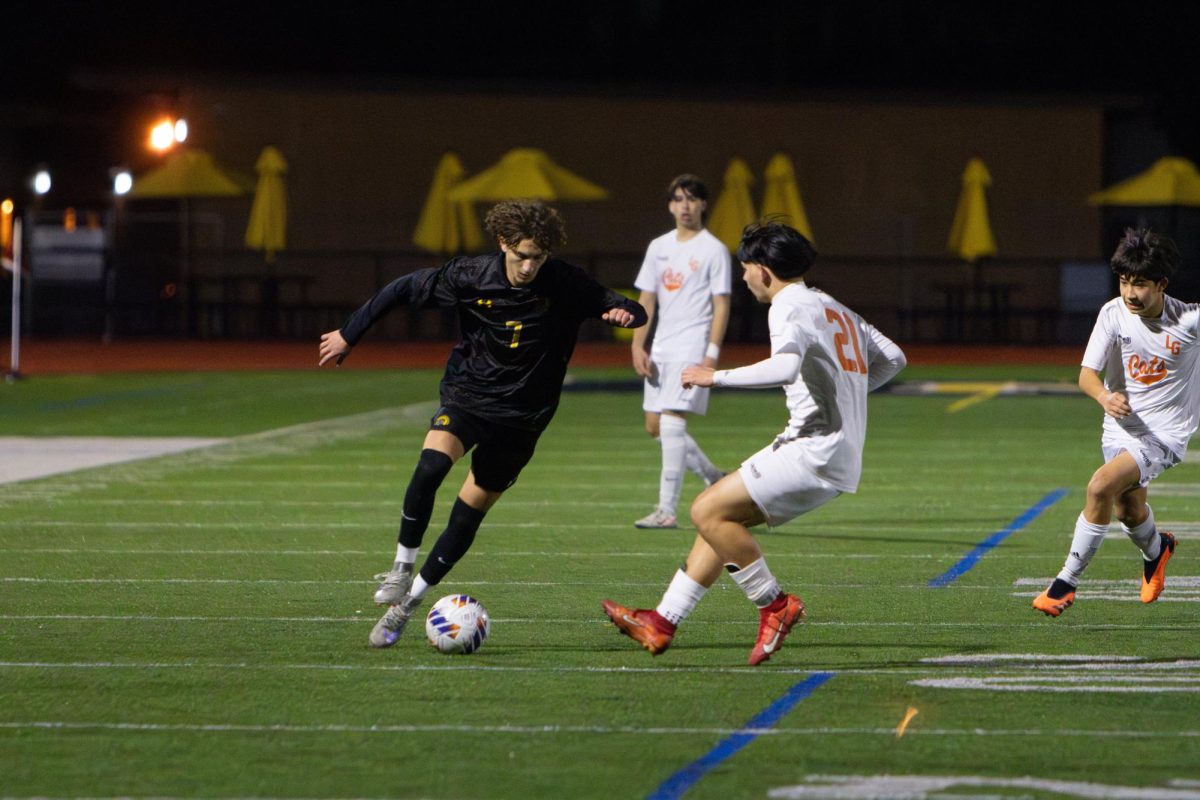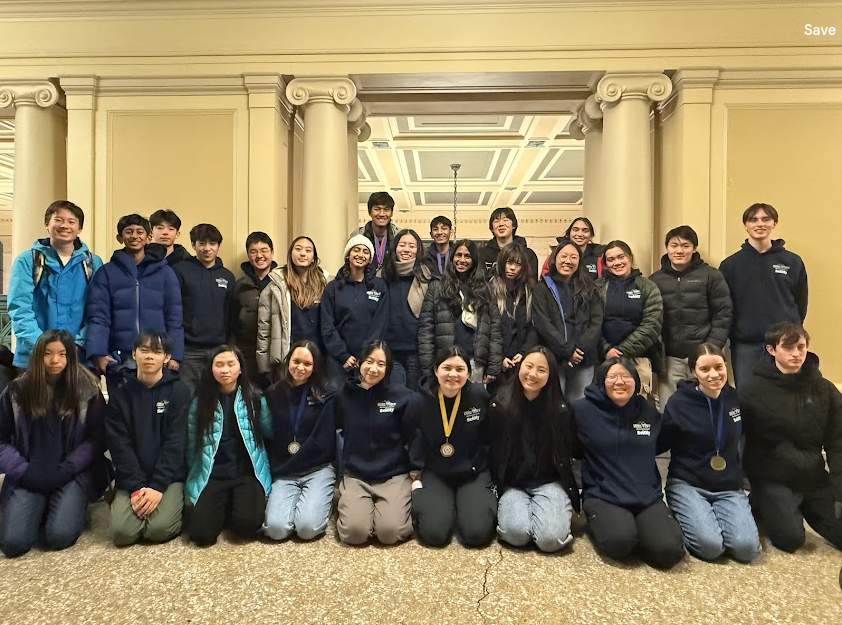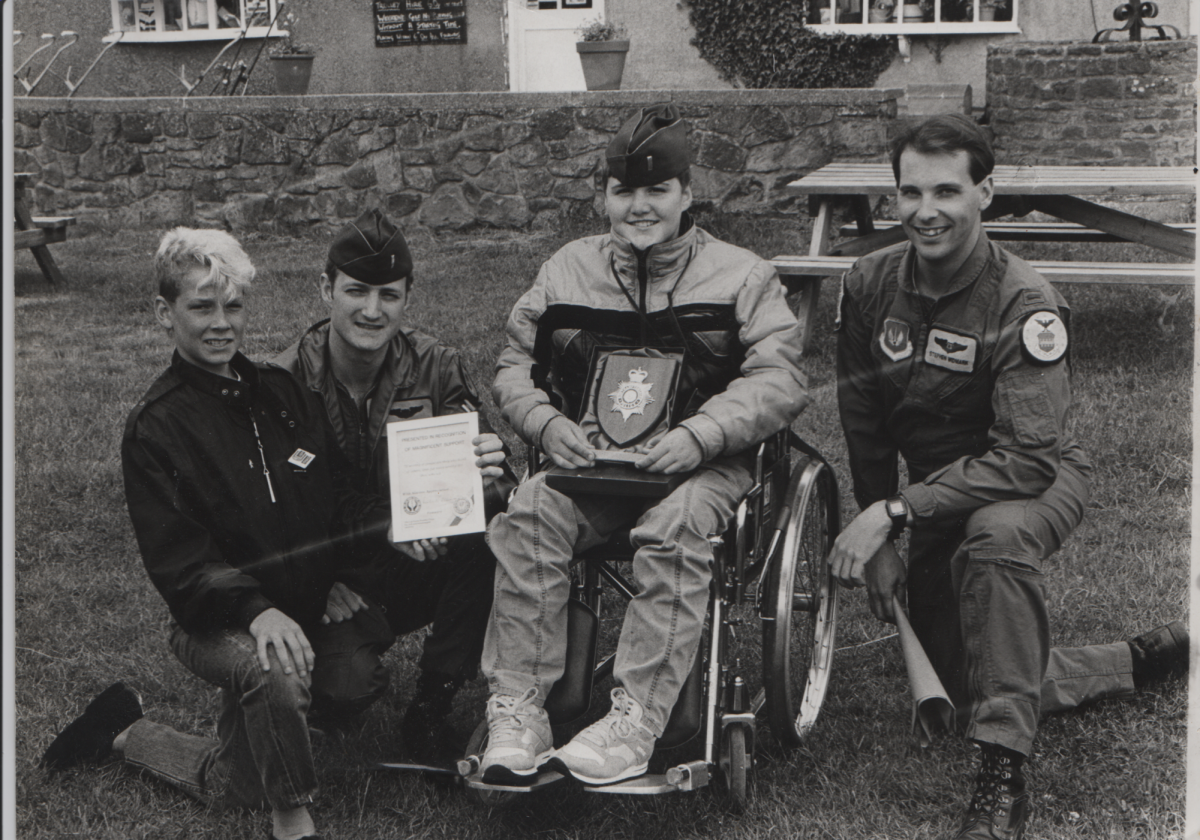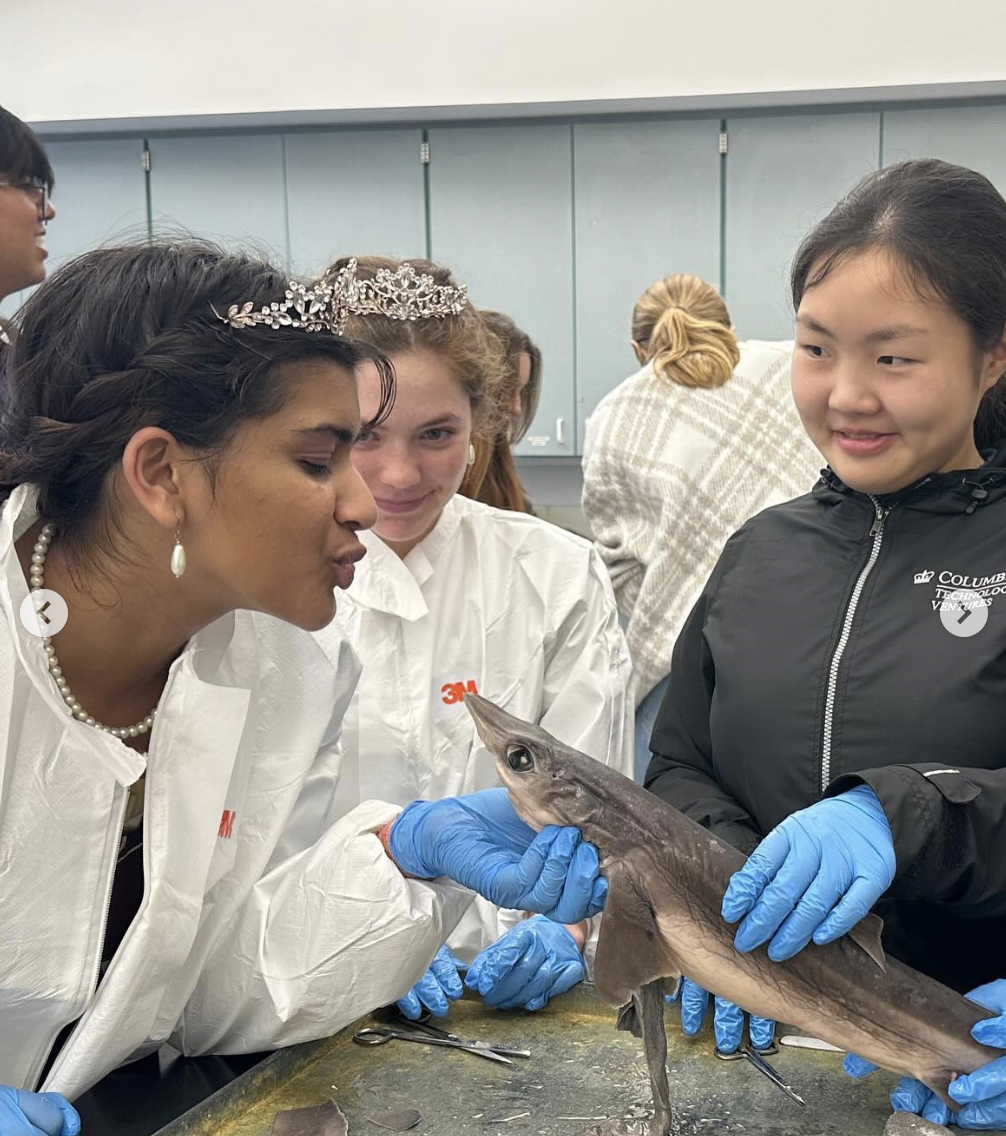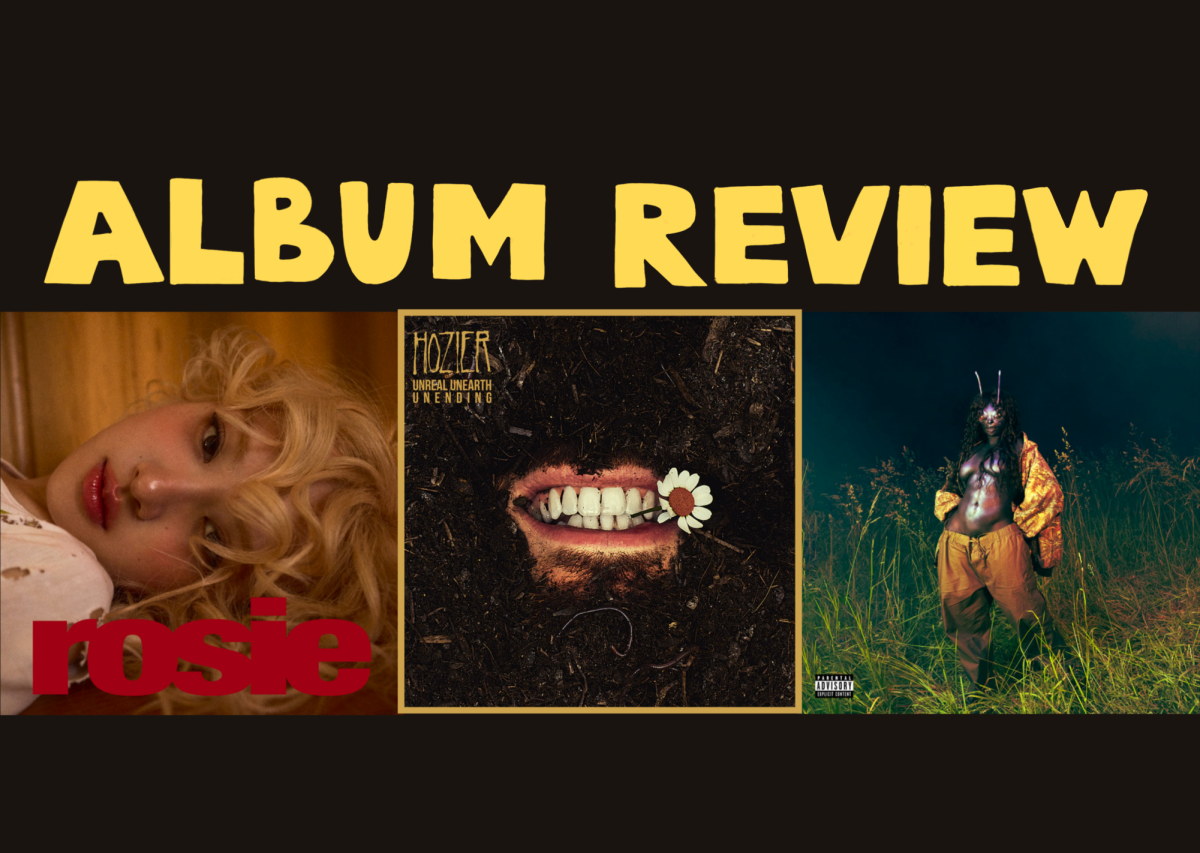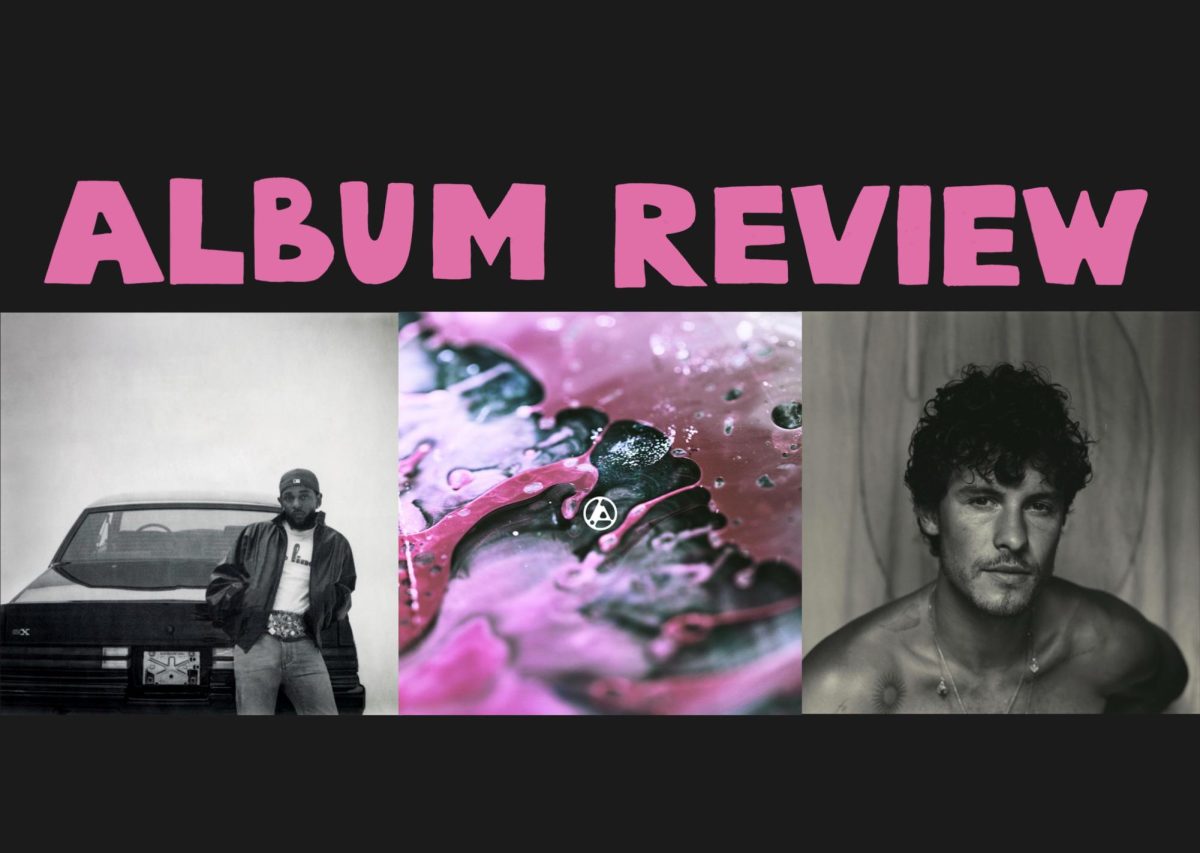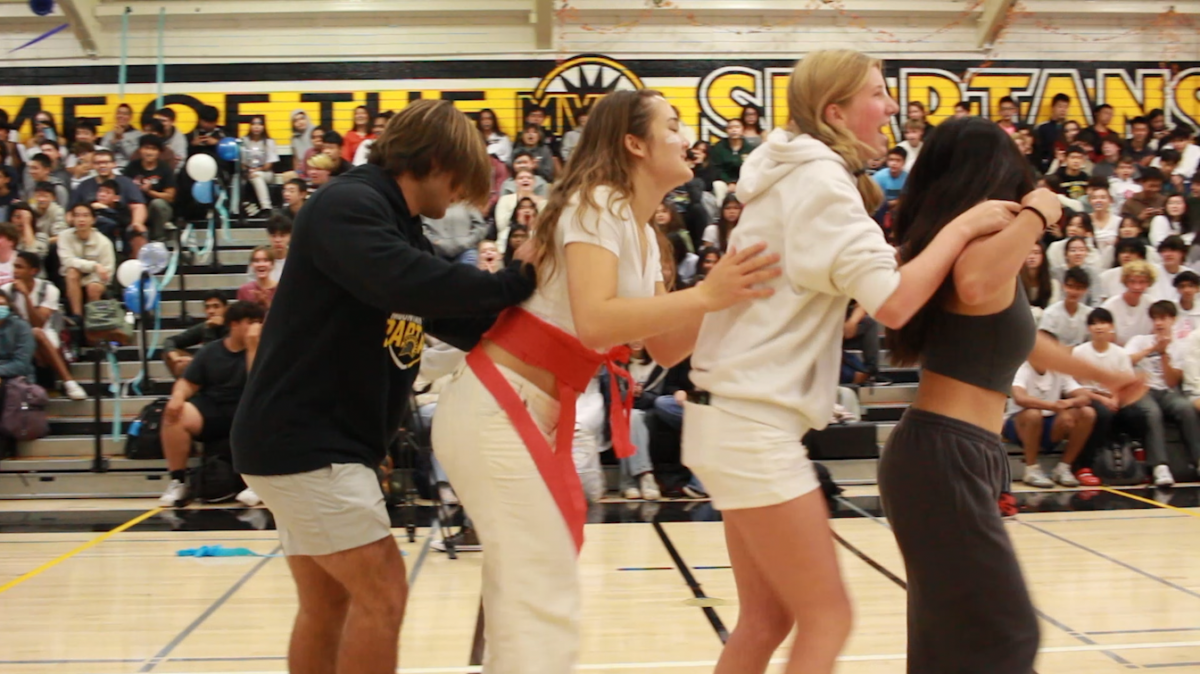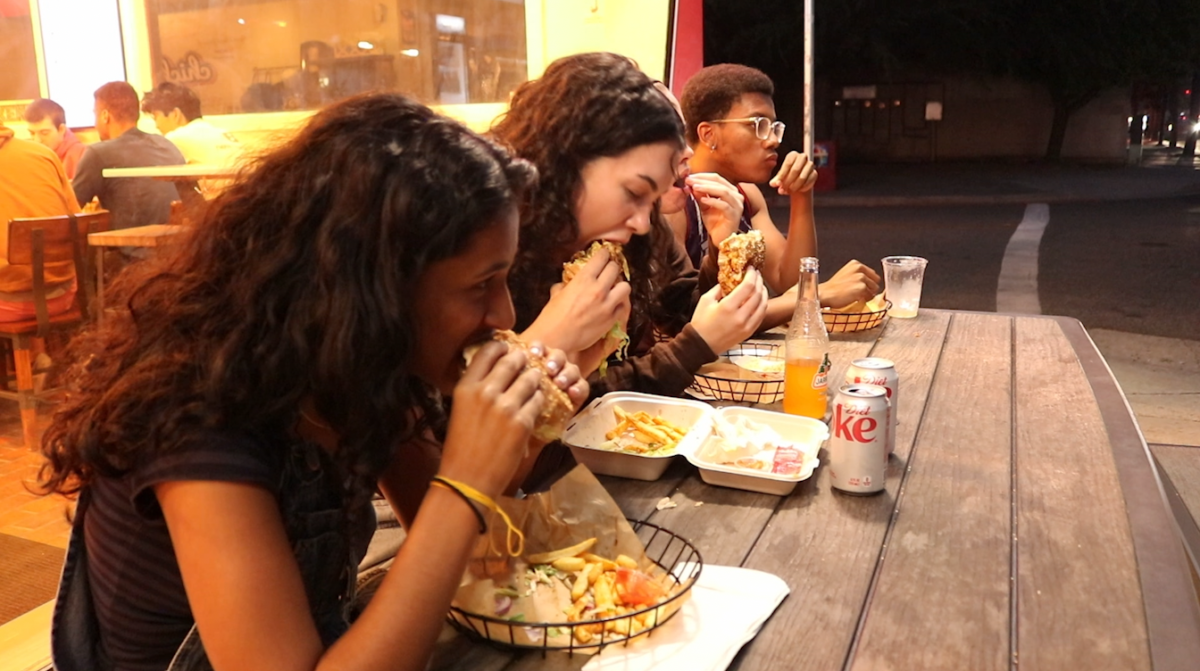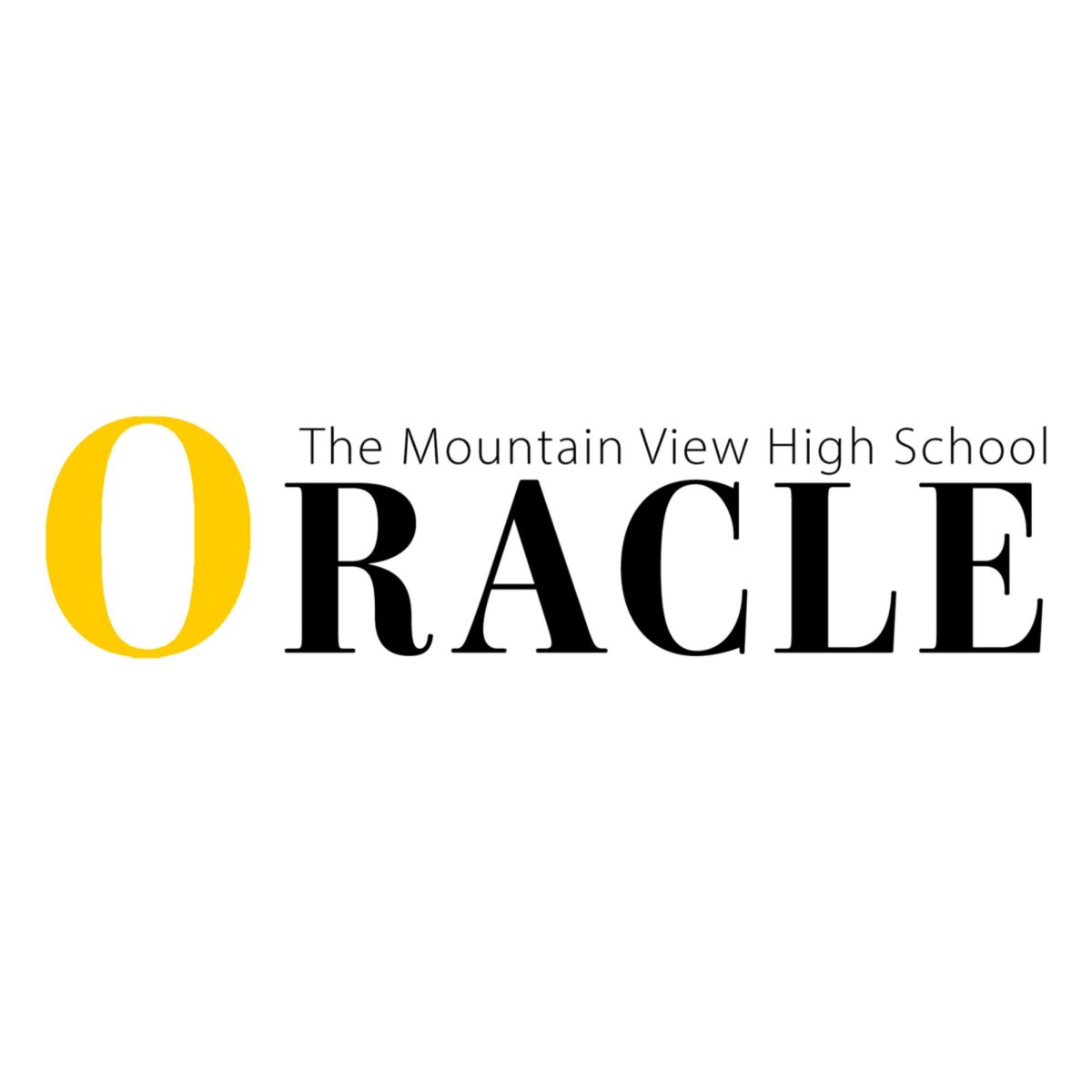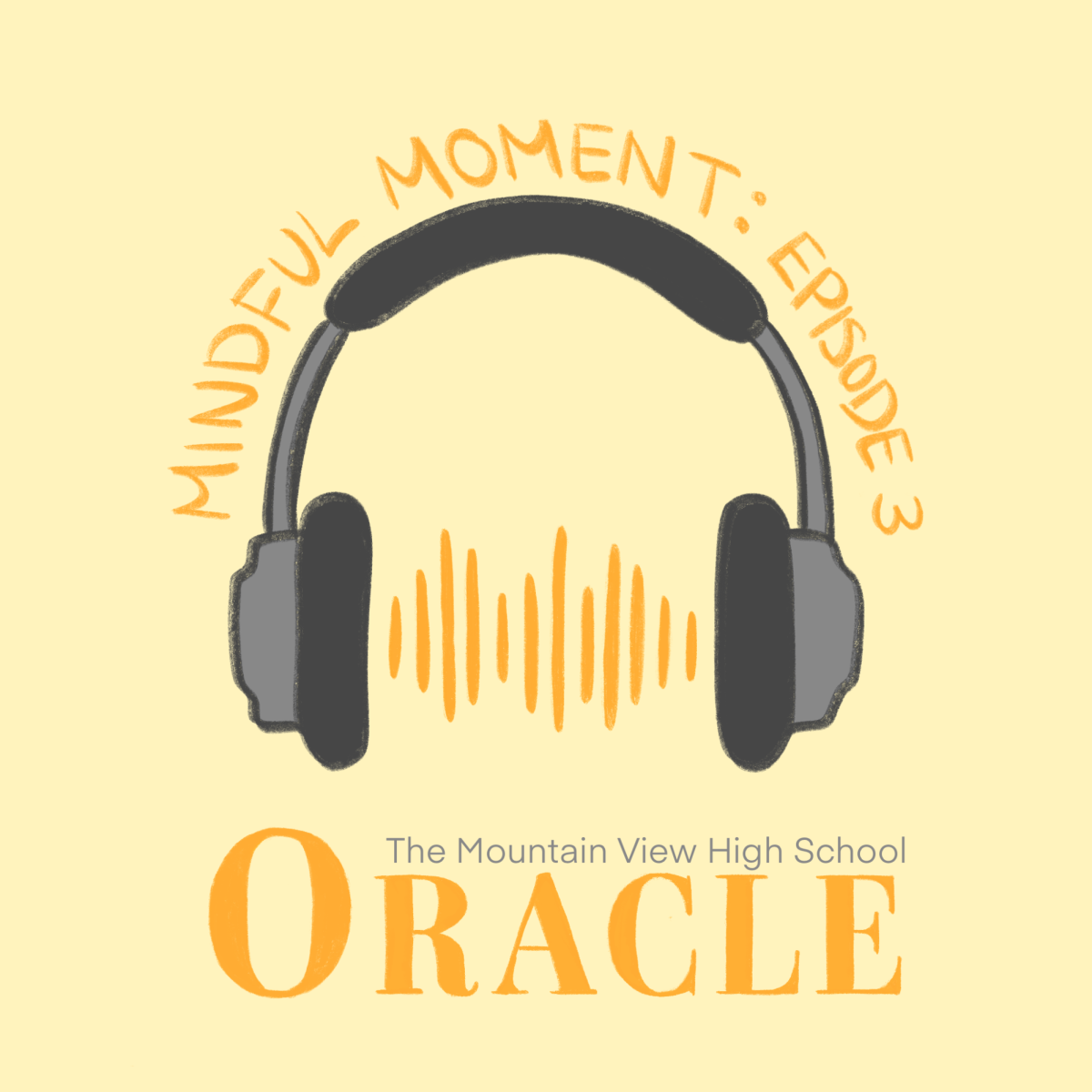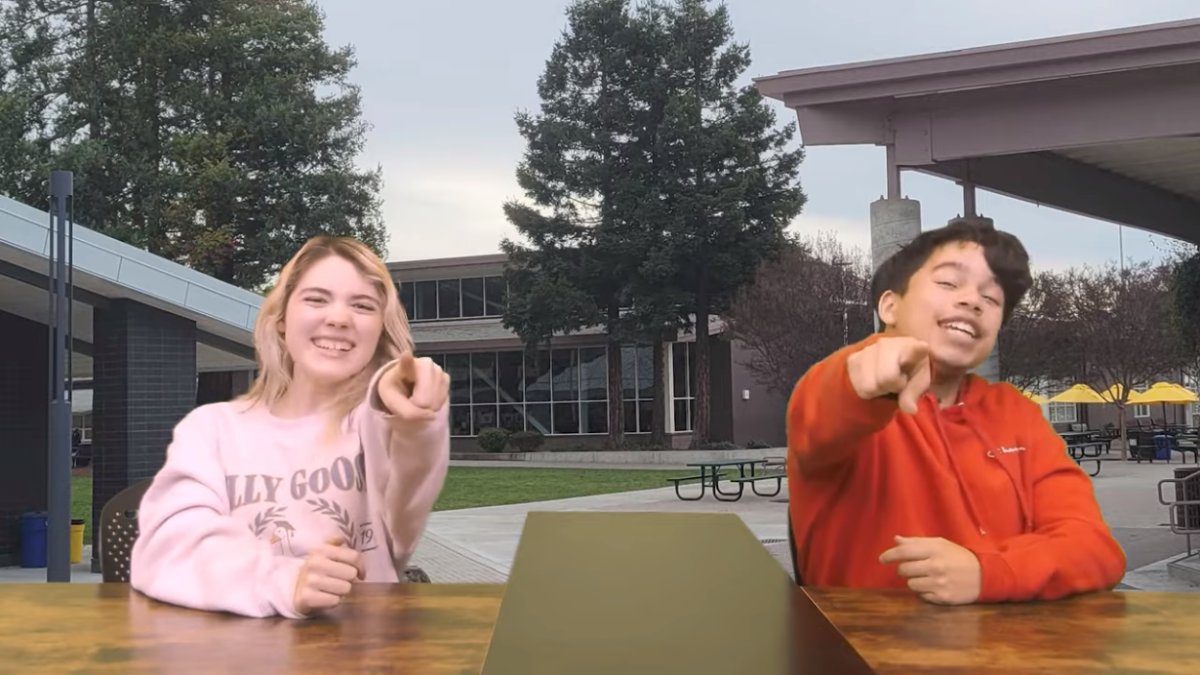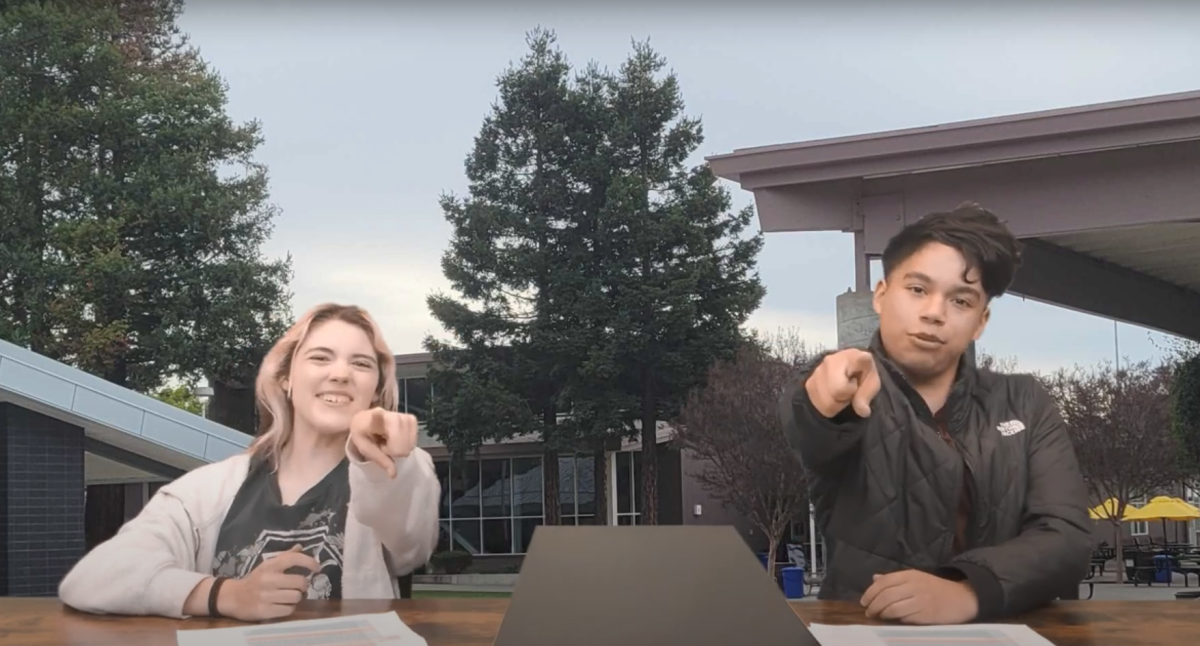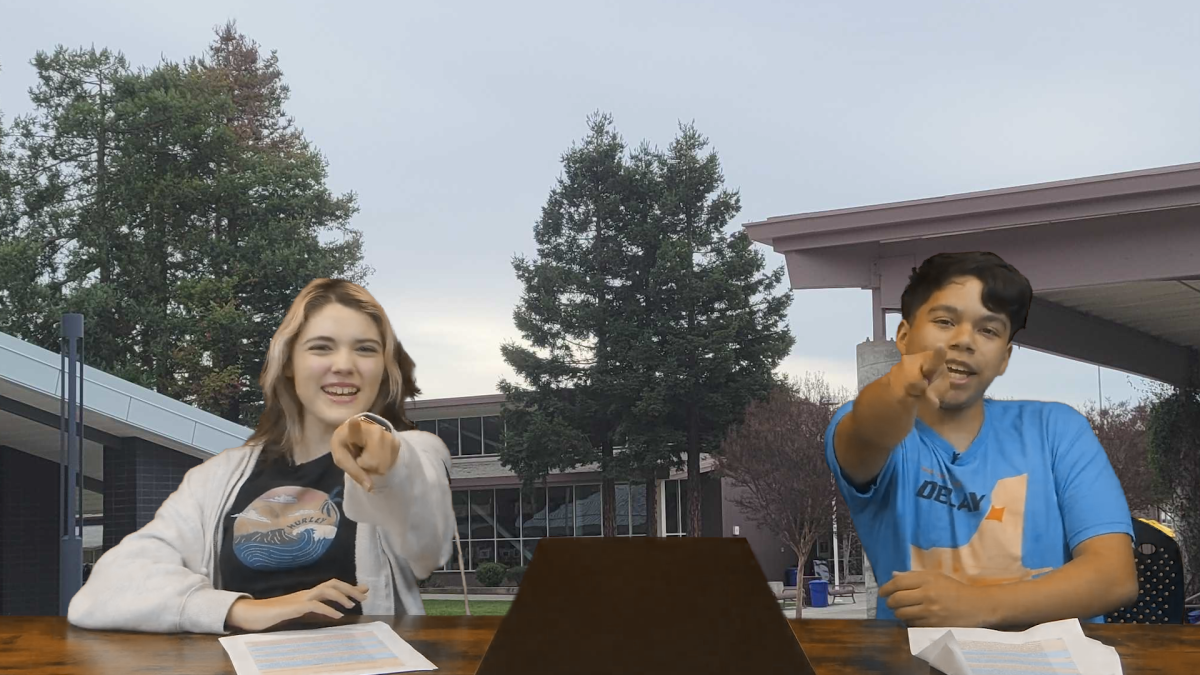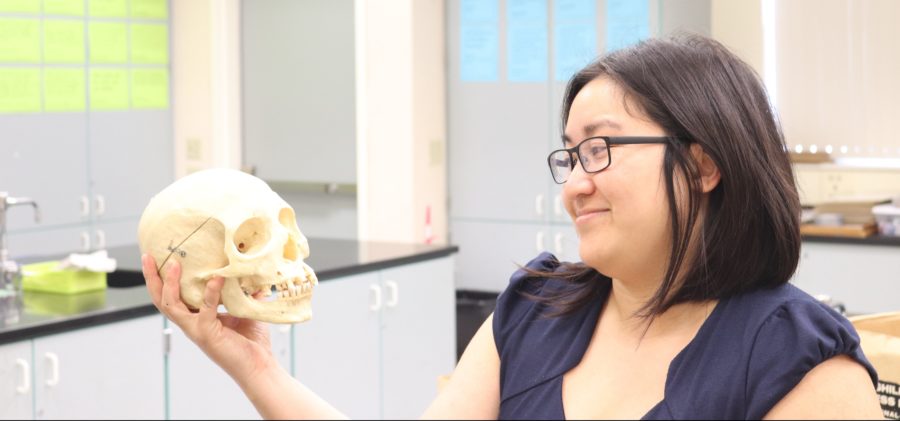From gruesome medical trivia to analyzing the American healthcare system, the new anatomy and physiology class taught by Ann Nguyen requires a strong stomach and knack for memorization. After all, there are 206 bones in the adult human body.
After receiving her masters in biology with an emphasis on plants and genetics, Nguyen taught for four years at San Jose High where she immediately fell in love with anatomy after being required to teach the class. During her time at MVHS, she has persistently advocated for an anatomy class ever since science curriculum became more focused on global warming, climate change, and modern earth science issues and less concentrated on the human body. Anatomy and physiology is focused entirely on understanding the systems within the body, and how biology and chemistry impact them.

Because anatomy is like “learning a new language,” according to Nguyen, a large portion of the class is designated towards memorizing scientific terms with dissections and interactive labs as the reward.
The key to understanding the language is through “memorization, hands on activities, and humiliation.”
Nguyen explained that students might feel “silly” when completing projects like wearing a brain cap to explain to their teachers what parts of the brain were stimulated in class or making exercise videos; however, the humiliation is how students will successfully retain information. Dissecting whole animals, watching videos of human dissections, and touching real human bones are other common occurrences one might expect in this class.
“It’s gross and hands on,” Nguyen explained. “I tell students that if they can watch Dr. Pimple Popper while eating breakfast, they will be okay.”
“I want students to feel empowered about their own health.”
According to Nguyen the class is perfect for students who have a curiosity about their health or have struggled to apply science to their own lives.
Along with anatomical studies, students discuss and examine contemporary debates surrounding healthcare that are deemed necessary and relevant by Nguyen.

“I want students to feel empowered about their own health,” Nguyen said. “I think the American healthcare system is so chaotic, convoluted, and broken that I want students to have some understanding of it for themselves and their friends.”
Senior Emma Rohe decided to take anatomy and physiology because the topic is of interest to her and consists of the same rigor as an AP class. She adds that some memorable class activities thus far have been dissecting a banana and counting how many breaths a fish takes per ten seconds.
“Right now, we are learning about all the cavities in the human body,” Rohe said. “It’s a topic that most people feel they don’t need to know, but it’s really interesting.”
After performing basic preliminary experiments and labs, Rohe is looking forward to dissecting organs such as the heart and lungs, and perhaps even the brain.
“This is a class that makes science tangible,” Nguyen said. “As you complete your four years of science, this class reminds you it’s important to your life.”
